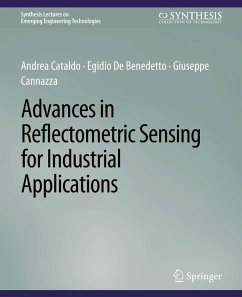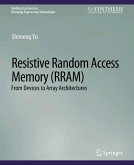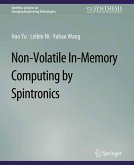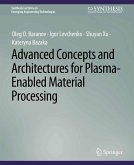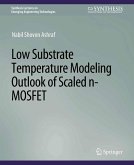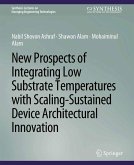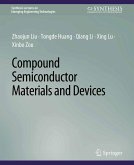This book offers a comprehensive review of innovative measurement and monitoring solutions based on time domain reflectometry (TDR). This technique has numerous applications in several fields, ranging from the characterization of electronic devices to quality control of vegetable oils. However, most of the well-established TDR-based monitoring solutions rely on local or punctual probes; therefore, typically, to monitor large areas/volumes, a high number of probes must be employed, with the consequent maintenance and management requirements. On such bases, in the last few years, the authors have carried out extensive research on the use of diffused wire-like sensing elements to be used as probes for TDR measurements. The basic idea has been to extend the principles of punctual TDR-based monitoring to multi-purpose networks of diffused, sensing elements (SE's), embedded permanently within the systems to be monitored (STBM's). These SEs can be tens of meters long, and can follow any desired path inside the STBM.; in fact, they are inactive inside the STBM. Additionally, these SE's are passive (i.e., they do not require batteries) and their sensing ability is activated, by the TDR signal, when they are connected to the measurement instrument. In addition to this, these SE's are completely maintenance-free. Starting from these considerations, this book addresses the use of low-cost, passive, flexible, wire-like SE's to be used in conjunction with TDR. This book also provides several application test cases, with hints for practical implementation of the described monitoring systems.
Dieser Download kann aus rechtlichen Gründen nur mit Rechnungsadresse in A, B, BG, CY, CZ, D, DK, EW, E, FIN, F, GR, HR, H, IRL, I, LT, L, LR, M, NL, PL, P, R, S, SLO, SK ausgeliefert werden.

